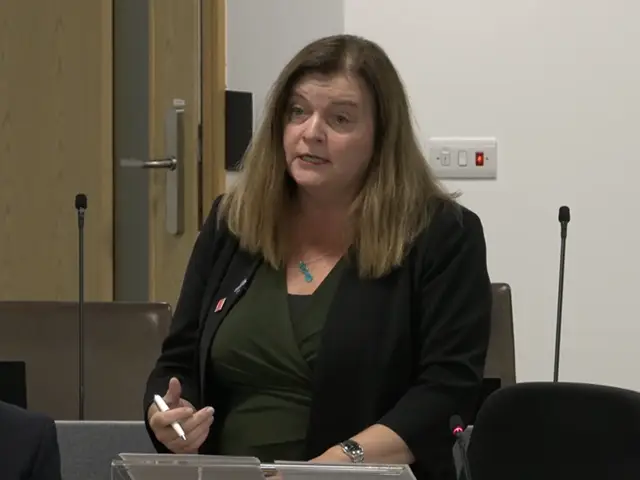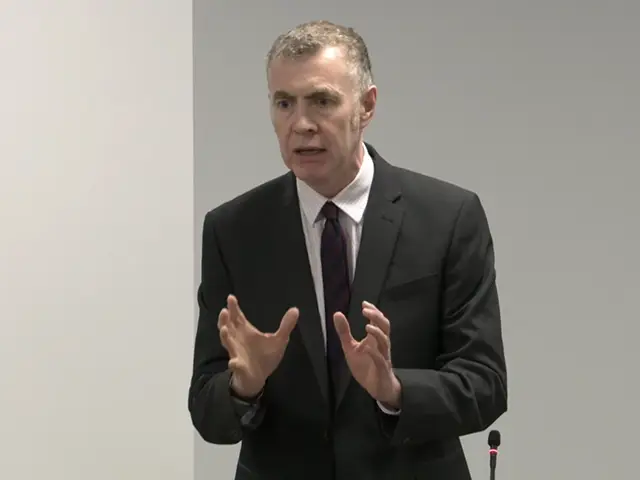Support quality, independent, local journalism…that matters
From just £1 a month you can help fund our work – and use our website without adverts. Become a member today

Human rights in Wales are too often “promises rather than protections”, leaving vulnerable people dependent on goodwill rather than legal guarantees, a Senedd Member has warned.
Sioned Williams, who chairs the Senedd’s cross-party group on human rights, said disabled people, refugees and children are being let down by a system that fails to protect their rights.
She warned a report’s “sobering” findings showed a gap between the Welsh Government’s ambition and the reality for people facing poverty, discrimination and barriers to justice.
Plaid Cymru’s shadow social justice secretary said the cross-party group’s report revealed a Wales where human rights are too often aspirations rather than guarantees.
She told the Senedd: “Rights that cannot be claimed are not rights at all. They are hopes. They are dependent on political goodwill, on policy discretion, on the priorities of the day.”
Ms Williams pointed to “stark evidence” of systemic failures, describing the experience of young people moving from child to adult mental health services as like “falling off a cliff”.
‘Advice desert’
She highlighted the case of a family of 13 living with mould, structural damage and damp as an illustration of a system failing to guarantee adequate living conditions.
Leading a short debate on Wednesday November 12, Ms Williams said: “Poverty is not an abstract economic condition but a persistent violation of dignity, security and health.”
Ms Williams highlighted the cross-party group’s concerns about an “advice desert” for asylum seekers due to the “collapse” of immigration legal aid in Wales.
To bridge the gap between policy and reality, the report recommended introducing a Welsh human rights bill to incorporate UN treaties directly into domestic law.
Former Plaid Cymru leader Adam Price supported the call, arguing legislation would give “teeth” to existing laws like the Wellbeing of Future Generations Act.
He said: “Let us make Wales a nation of human rights in action – not just in words.”

‘Moral imperative’
Jane Hutt, the social justice secretary, insisted the Welsh Government is “absolutely committed” to strengthening human rights, describing it as a “moral imperative”.
She highlighted the anti-racist Wales plan, which aims to make Wales an anti-racist nation by 2030, and work under way to strengthen disabled people’s rights.
Ms Hutt said: “The importance of strengthening human rights can be measured only in the difference people feel in their daily lives. Rights must be secure in law, felt in the places people live their lives and durable beyond any one minister.”

Glenn Page, director of Amnesty International Cymru, co-authored the report alongside Simon Hoffman – a Swansea University law professor who is an expert on human rights.
Mr Page said: “It is not enough to say we support human rights.
“The Welsh Government must protect human rights in law to ensure that now – and in the future – people’s everyday rights are protected and upheld.”
Report by the ICNN Senedd Reporter scheme
Support quality, independent, local journalism…that matters
From just £1 a month you can help fund our work – and use our website without adverts.
Become a member today
